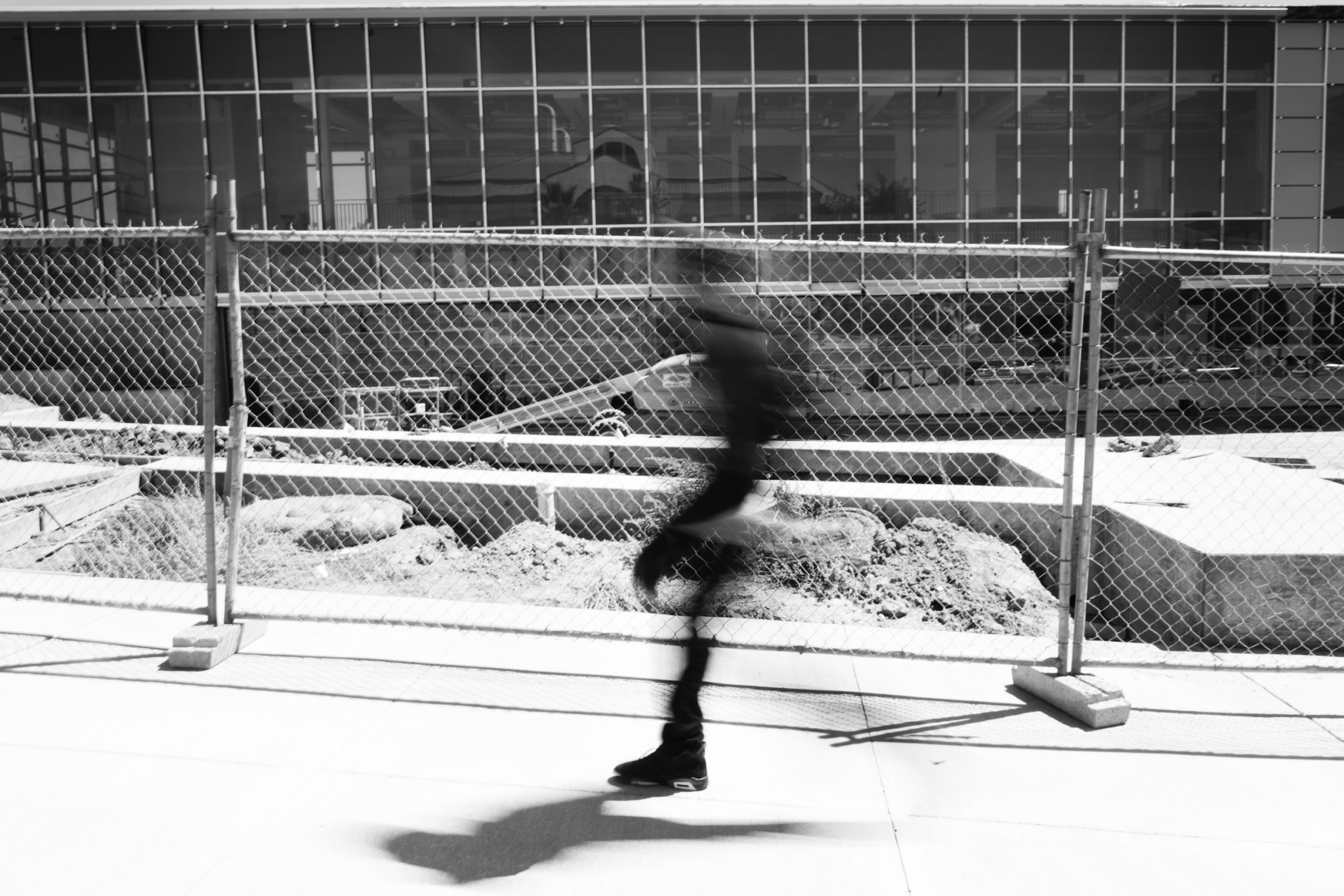By Eric Pineda @EVPINEDA11
Ron Johansson, Las Positas Fire Department Coordinator, was in the ICU with his dying father the faithful day that caused catastrophe and major concern.
“I remember when the TV set was on and saw that first impact, it was a blessing that my father was unable to recognize it. I didn’t want it to be the last thing for him to see in life,” said Johansson.
Johansson was one of the hundreds of Las Positas faculty since 2001 who were able to fully recognize the impact of the 9/11 calamity. Airports shut down, first response troops set afoot, and inhabitants of the city of Livermore were in a state of shock and surrealism. Through the years since 9/11, Las Positas has gone through a series of dramatic changes in its infrastructure as well as security and awareness.
Mark Tarte, head of the Administration of Justice Program, remembers being within the Livermore district the week that 9/11 occurred. He heard instances where Livermore Labs increased in security outside its gates and a greater spur of patriotism throughout the streets.
“I saw lots of people at the Colinas Overpass and people would be there almost every night. There would be 50 or more people there with flags. My mom said there was no instance like this since Pearl Harbor,” Said Tarte.
Tarte notes that it is interesting how people may fight like a dysfunctional family, but when an event like 9/11 occurs, it somehow brings us together. People within the Livermore area all advocated for the same cause: patriotic ideals and community cohesiveness.
As Livermore was surging with nationalism, Las Positas was still recovering from confusion and trauma.
Diana Navarro-Kleinschmidt, Library Services Specialist, recalls the stillness and quiet mood that engulfed the campus the day of 9/11. Faculty commitments stood, since it was Flex Day, but discussions became heated since many staff did not want to talk about work related business when the magnitude of the crisis settled in.
“My feelings fluctuated between numbness, grief, anger, disbelief, and wanting to do something to help. It took about 2 weeks before for me to start feeling normal again.”
Since 9/11, the Las Positas security department have been taking measures to increase supervision and protect teachers, staff and students from any potential cases of distress.
Sean Prather, Department Supervisor of Campus Safety, said that Las Positas had not previously been equipped with sufficient security to be able to handle emergencies.
“We went from a campus that didn’t have any cameras, didn’t have electrified doors, only a couple emergency call boxes to having 25 call boxes, 65 percent of doors electrified and having an emergency broadcast system,” said Prather.
Implementations as the public broadcasting system were security technologies enabled gradually throughout the last 15 years. With help of the Chabot-Las Positas Measure A bond approved last June, greater advancement of security products will be able to be implemented. Prather specifies that these technologies include updated surveillance cameras, expanding security infrastructure, and other protective appointments that will supplement the college.
Other methods of protection have been suggested by faculty and staff, including Craig Kutil, Las Positas Math Professor. He explains that possibly having a city-wide meeting for all people to congregate would be a satisfactory plan to alleviate any feelings of concern and disorientation.
Kutil said it would promote “some dialogue so people don’t freak out, and having some support services for people that are having mental anguish, especially if they know anybody that has been affected or killed.”
Tarte says the ideal would be to keep LPC 100 percent safe, but that would mean barbed wire, entry control points, and other high-alert defensive maneuvers. He, however, recognizes that it is unrealistic.
“It is mainly up to the students, faculty, staffers, and visitors to tell campus safety that this is something that they may want to check out,” said Tarte.
Security doesn’t rely solely on authority figures or security products. A major part of security is community engagement: basically the eyes and ears of the professional security. Those who get involved, see something in their surroundings, and report suspicious activity help make the public as well as LPC a safer area.
As technology advances and a sense of communal responsibility has increased, so has the outlook on social awareness and acceptance.
9/11 caused cases of prejudice and castigation of foreign groups, however many people at LPC have begun to see that’s not how it should be.
“When you sit, learn, experience, and open yourself to the lives and expense of someone different than you, you find that there all a lot of common beliefs and is that we all want to be happy,” Johansson said.
As the years progress, individuals young and old are able to learn, understand, or remember the difficulties the country faced from the events of 9/11. Underneath it all, we are able to bring about great change at Las Positas through such security measures, as well as more empathetic point of view.


